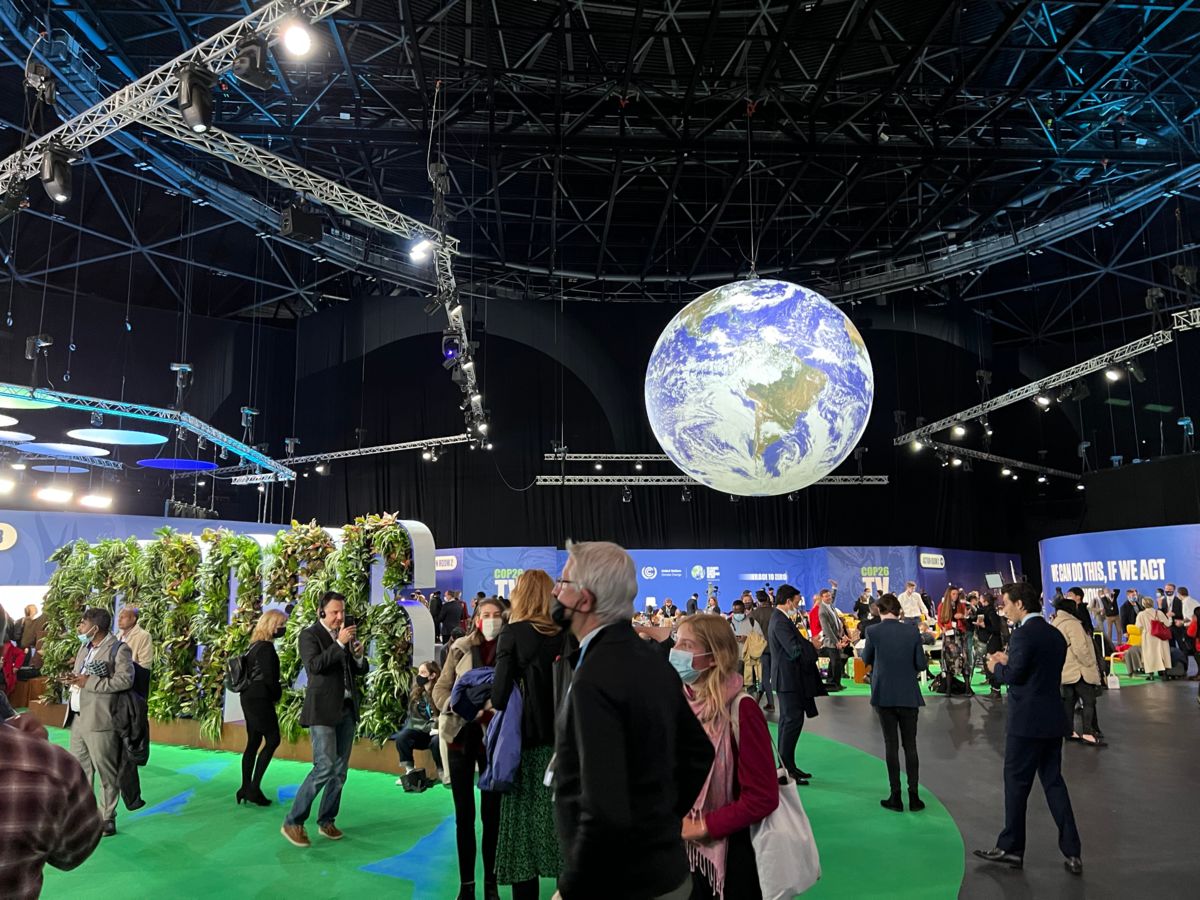We Need a “Yes” to Climate Justice
“Let your yes mean yes, and your no mean no.” — Matthew 5:37

United Methodists in communities around the world are experiencing first-hand the realities of the climate crisis. Extreme weather and slow-onset disasters from flooding, typhoons, droughts, and sea level rise are disrupting lives and particularly impacting communities of color and those living on the economic margins.
The United Methodist Church has spoken clearly on the need to take swift action at every level of the church and to advocate for policies that hold major emitters accountable, rapidly reduce emissions and support communities as we transition to a clean and more equitable energy future. The recent 6th assessment from the Intergovernmental Panel on Climate Change put it succinctly: “The climate we experience in the future depends on our decisions now.”
In the coming weeks, decisions by the United States Congress and world leaders at the United Nations Climate Conference (COP26) will shape this future. In September, President Biden stood before the 76th Session of the United Nations General Assembly and committed the United States to re-establishing itself as a global partner in the fight for climate justice.
We, as people of faith, mindful of Jesus’ caution in Matthew against broken promises, must be sure that our “yes” means “yes” — that our commitment to climate justice reflected in the words of General Conference are lived out in acts of personal, social, and civic righteousness.
In order for President Biden’s “yes” — and the promises of world leaders at COP26 — to mean “yes,” these commitments must be backed up with concrete actions: policies that rapidly reduce emissions, funding for climate-vulnerable communities, and solutions that promote racial equity and gender justice.
In the United States, Congress continues to debate a budget reconciliation bill and an infrastructure package that together could make significant progress in meeting U.S. goals under the Paris Agreement. Those goals would require significant investments to boost renewable energy, reduce air pollution, build a smarter more efficient infrastructure, and provide critical funding for frontline communities.
At COP26 in Glasgow, Scotland, world leaders are negotiating key commitments to ensure future warming is held below the 1.5 degree threshold necessary to prevent catastrophic climate change. These deliberations provide an opportunity for countries to increase their targets for reducing emissions, scale up financial commitments to assist countries in adapting to the realities of a changing climate, and to center plans on the experiences, needs and solutions of those living on the frontlines of the climate crisis.
Elected leaders in both arenas have rightly earned the skepticism of many observers and climate activists with a long history of broken promises and inaction. But both arenas hold promise and are essential to creating the systemic change that is necessary. And in both arenas, the faith community — including United Methodists — is present to advocate alongside frontline communities for our shared vision of a future where all God’s creation may flourish.
Wyatt Robinson is a theological intern for GBCS and John Hill is the GBCS deputy general secretary.